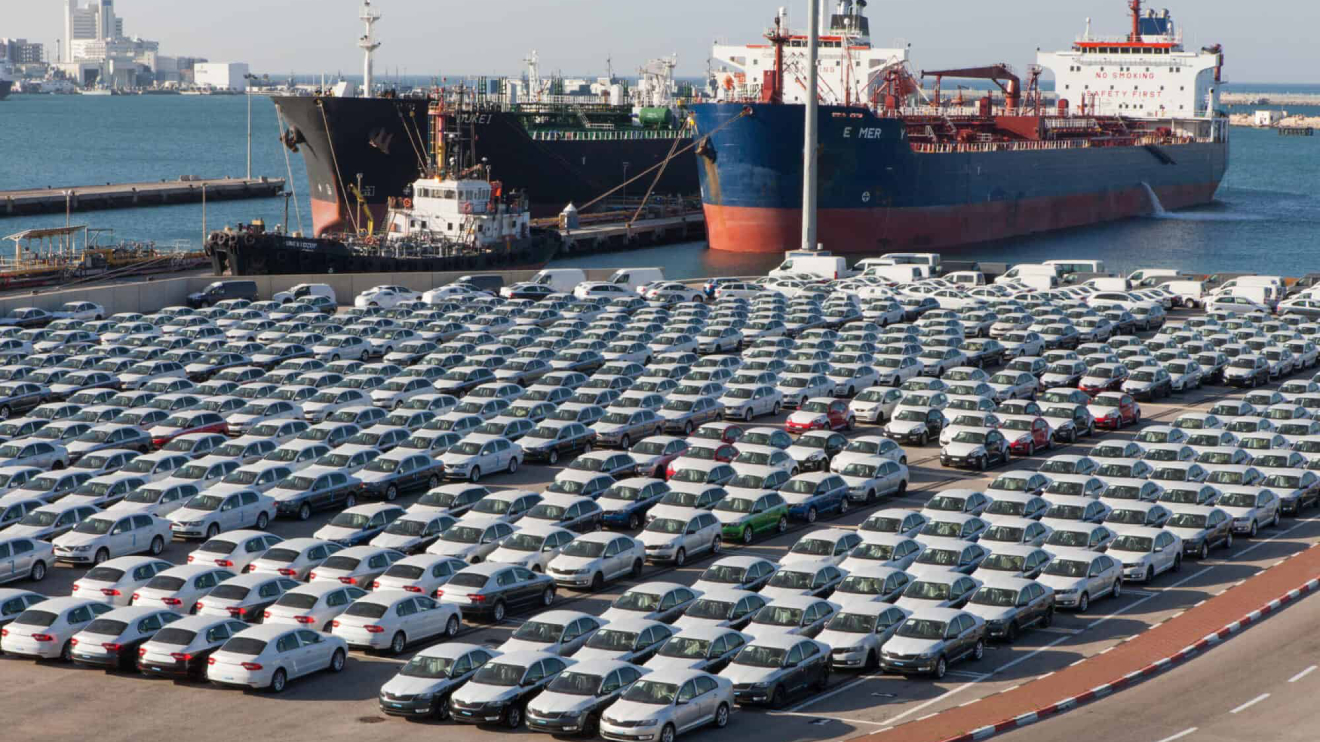Kenyan car buyers are facing a major setback as the East African Community (EAC) approves a 35 per cent increase in import duty on motor vehicles.
The decision, which has been approved by the EAC Council of Ministers, will have a significant impact on the prices of imported cars, including those carrying 10 or more passengers, station wagons, racing cars, and those involved in the transportation of goods.
As a result of the import duty increase, vehicles imported into the country will now be priced higher locally compared to regional peers such as Uganda and Rwanda.
This means Kenyan car buyers will have to bear the brunt of escalating prices.
Robert Waruiru, the managing partner of Ichiban Tax and Business Advisory and chairperson of the Institute of Certified Public Accountants of Kenya Public Finance Committee, warns that the customs duty hike will translate to a 14 per cent increase in the cost of importing vehicles.
Read More
Additionally, the recent petrol price increase could drive consumers towards green mobility alternatives.
“The increase in customs duty on imported cars will translate to about a 14 per cent increase in the cost of importing vehicles. A convergence of this duty hike and petrol price increase could see consumers move to green mobility,” Waruiru stated.
Waruiru further said that while local assemblers may benefit from this policy change, second-hand importers are feeling the squeeze, particularly due to the volatile exchange rate.
The impact of the import duty hike is exacerbating the already high prices of cars, which have been further affected by the weakening shilling and the rising cost of credit.
The new 35 per cent import duty on both second-hand and newly imported vehicles will drive up car prices significantly, according to dealers.
The weakening shilling and rising cost of credit have already contributed to higher prices.
In addition to import duty, vehicles are subject to excise duty and value-added tax (VAT), further compounding the overall cost.
Car buyers and dealers alike are now facing the challenge of increased taxes, making it more difficult for individuals to afford cars and for dealers to maintain competitive pricing.
As the Kenyan car market grapples with these changes, consumers and industry players are left to navigate the impact on pricing, affordability, and overall market dynamics.







-1757663582.jpeg)
